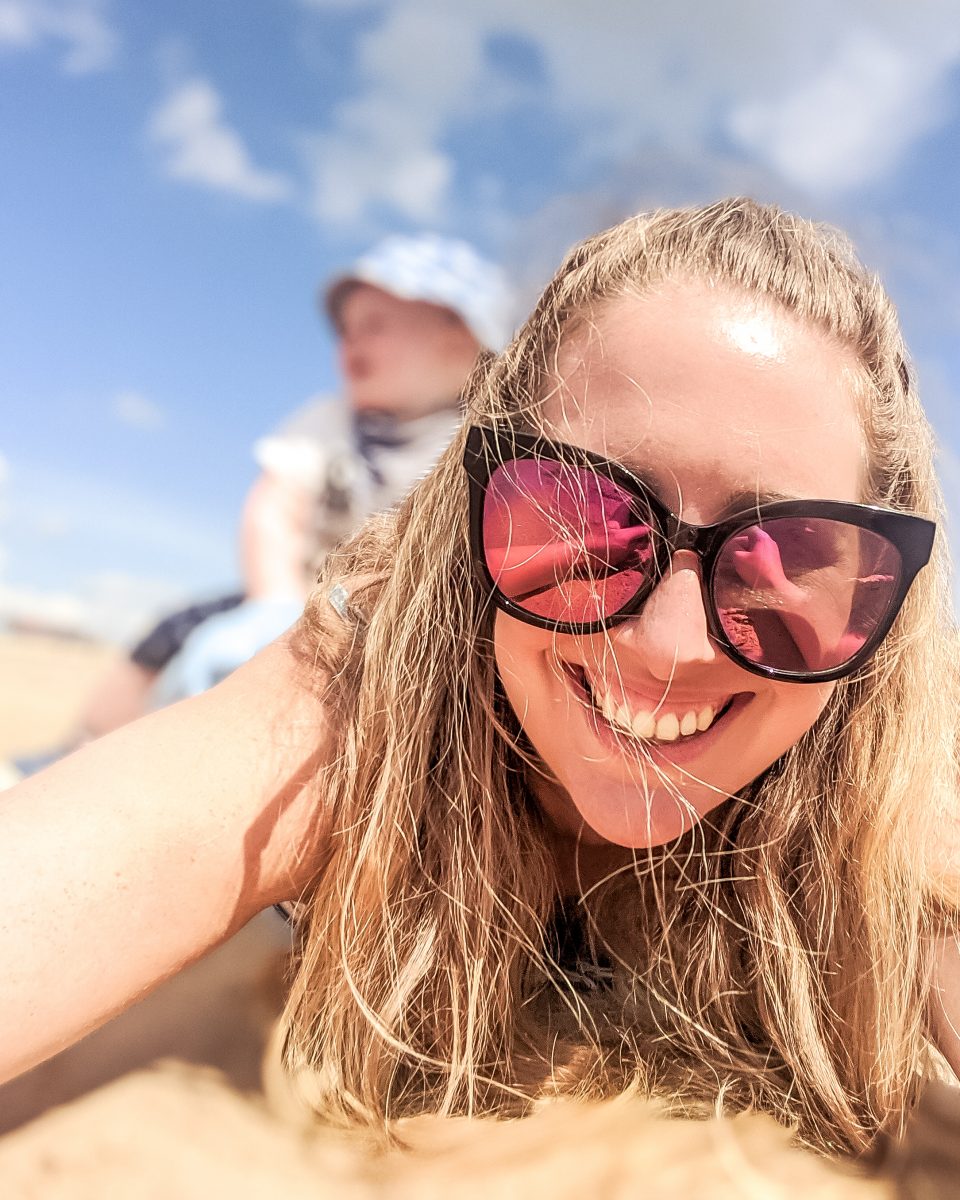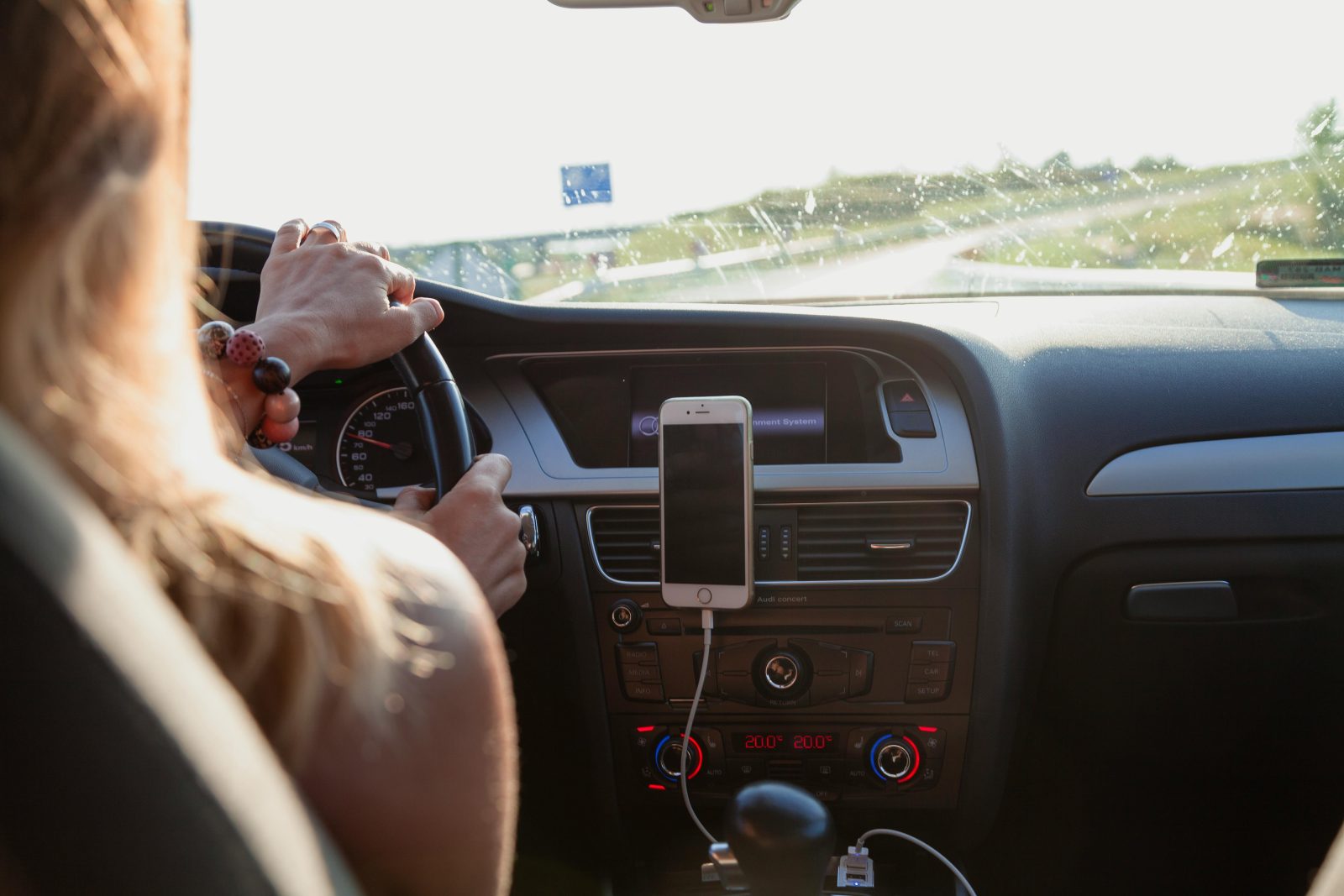
Bon Voyage! 3 Practical Packing and Storage Tips for Your Travels
Preparing for a holiday is part of the fun, or at least it should be. For lots of us though, the fear of forgetting something vital, either at home or away, can overshadow the joy of anticipating a family break. What to pack, what to leave out, how to minimise, and how to keep things at home safe while you’re gone.
With so much to think about, it helps to have a bit of a road map for getting organised.
Pack from a List
Whether you love lists or hate them, having one frees your mind and prevents you repeating tasks or going round in circles. There are downloadable lists online if you’re not sure what to include or where to start. These days, it’s especially useful to have a list of the various documents you might need as well as one for clothes for each family member.
When you’re planning your packing, consider the types of activities you’ll be doing, particularly if specialist equipment is needed. Don’t discount the mundane though, since even if you’re just going on a weekend city break, you’ll need comfy shoes for all that pavement walking.
Make a list early on, starting at least a week or so before your departure date. It gives time for laundry or shopping. When you’re packing things for children that they haven’t used or worn for a while, make sure everything still fits.
As well as a list for packing, make a home security list. This will help banish those nagging doubts that can spoil your peace of mind while you’re away. Jot down what needs doing at home, such as caring for pets, putting valuables into storage, and speaking to neighbours. There’s more on this later. You can also have a checklist for a last-minute walk through at home, such as making sure the gas is off and the alarms are activated.
Strategies for Light Packing with Kids
It’s not easy packing light when you’re travelling with children, but it’s doable to a certain extent:
- If they’re old enough, let them have their own bags to carry or pull. It can be a great exercise in teaching them how to prioritise, even if it doesn’t always work. Don’t let them have the last say on what goes in, because in the real world you’ll probably end up carrying/pulling that bag anyway.
- While teaching kids to manage their own smaller bags is valuable, there’s also a case for using a suitcase in big size for family trips. A larger suitcase in XXL size can hold items for the whole family, reducing the need for multiple smaller bags. This can be especially handy for items that are shared or bulky, like beach towels or a family toiletry kit. In contrast, smaller bags might be good for personal items but can become a hassle if each family member has one. With a large suitcase, you’re streamlining everything into one place, making it easier to keep an eye on your belongings and move around during your travels.
- Pack only activity items you know they’ll use on the journey. All the guides say to pack crayons and colouring books, for instance, but you might be better with extra batteries/power packs if your child prefers digital entertainment.
- Use packing cubes or Ziplock bags, one for each person’s items. Colour coding them makes them easier to find, and you don’t have to rummage through everything to find what you need.
- Don’t take stuff you can buy at your destination, especially toiletries that can be bulky and heavy.
- Lay everything out before filling your case. Seeing each item helps you visualise it’s use and can save overpacking or taking things you don’t need.
- Pack multipurpose items. Examples include baby wipes that can also wipe hands, clean toys, or scrub down tables or chairs. Or baby shampoo, that works just as well on adult hair.
If you’re a ‘just in case’ sort of packer, you can minimise those items by putting them to one side before packing them. Once you have your main clothing and footwear sorted, take another look at the ‘just in case’ things and ask yourself if they’re going to take up space for no good reason. Unless you’re going somewhere remote, there are always shops for vital items you didn’t bring.
Home Security
Peace of mind while you’re away not only comes from knowing you have everything you need with you, but also from knowing things are secure at home.
Let neighbours know you’re going to be away and ask them to keep an eye out for anything unusual. Things to tell them include if you have work scheduled for while you’re away or whether nobody has authorisation to be on your property. If you have several friendly neighbours, ask them all. The more people you have casually watching your home while it’s empty, the better.
Check your alarm system, your CCTV, and your door and window locks to make sure it’s all working properly. If you can set up a timing system for your lights, do so. Having a light come on in the hallway can indicate people are in the house even if they’re not in the main rooms.
Remove valuable items from sight of the windows. If you generally keep very valuable items at home (not necessarily monetary value, but anything you treasure and would find hard to replace), consider renting a self storage room for safe keeping. You can get short term rentals to use while you’re away, and with a variety of room sizes it’s worth finding out what’s available in your area and getting a storage price.
Taking care of every little thing before leaving for a much-needed holiday can almost be as stressful as not going at all. On the home front and in the suitcase, there’s planning to be done. Hopefully we’ve given a few ideas you can use or adapt that will help streamline your own getaway.







1 Comments
The Best Destinations In The World To Take Your Family' | Travelling with Boys
21st September 2021 at 6:37 pm
[…] you are thinking about your future travel plans, you need to bear in mind who you are going to be travelling with and how you can make sure that […]
Comments are closed.